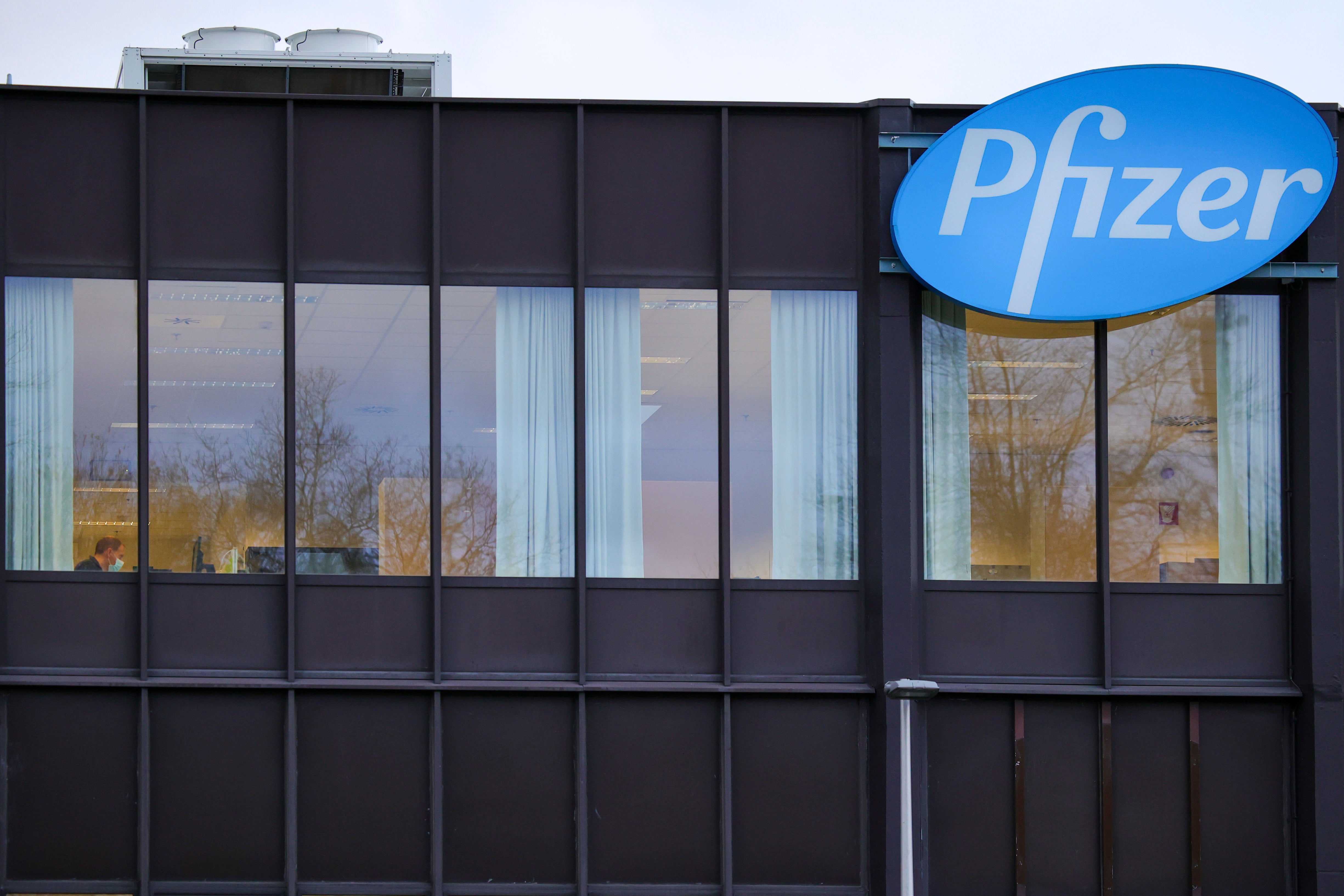Bahrain now 2nd nation to grant Pfizer shot emergency use
The island kingdom of Bahrain says it has become the second nation in the world to grant emergency-use authorization for the coronavirus vaccine made by Pfizer and its German partner BioNTech

The island kingdom of Bahrain said Friday it has become the second nation in the world to grant an emergency-use authorization for the coronavirus vaccine made by Pfizer and its German partner BioNTech
The state-run Bahrain News Agency made the announcement on Friday night, following an earlier announcement by the United Kingdom on Wednesday, making Britain the first in the world.
“The confirmation of approval by the National Health Regulatory Authority of the kingdom of Bahrain followed thorough analysis and review undertaken by the authority of all available data,” the kingdom said on its state-run Bahrain News Agency.
Bahrain did not say how may vaccines it has purchased, nor when vaccinations would begin. It did not immediately respond to questions from The Associated Press, nor did Pfizer.
The immediate challenge for Bahrain would be the conditions in which the vaccine must be kept. They must be stored and shipped at ultra-cold temperatures of around minus 70 degrees Celsius (minus 94 degrees Fahrenheit). Bahrain is a Mideast nation that regularly sees temperatures in the summer of around 40 degrees Celsius (104 degrees Fahrenheit) with high humidity.
Bahrain does have a state-owned carrier, Gulf Air, that it could use to transport the vaccines. In the nearby United Arab Emirates, the Dubai-based long-haul carrier Emirates has already said it is preparing its facilities to distribute vaccines at ultra-cold temperatures.
Bahrain had already granted emergency-use authorization for a Chinese vaccine made by Sinopharm. That vaccine, an “inactivated” shot made by growing the whole virus in a lab and then killing it, also is in use in the UAE.
“The approval of the Pfizer/BioNTech vaccine will add a further important layer to the kingdom’s national COVID-19 response, which has strongly prioritized protecting the health of all citizens and residents during the pandemic," said Dr. Mariam Al Jalahma, the CEO of Bahrain's National Health Regulatory Authority.
Bahrain, home to the U.S. Navy’s 5th Fleet, is a small island off the coast of Saudi Arabia in the Persian Gulf.
With a population of 1.6 million, it has reported more than 87,000 cases and 341 deaths, according to the government. Over 85,000 people have recovered from the COVID-19 illness that is caused by the virus.
The country is also home to a large expatriate population, with many low-paid laborers from southeast Asia living in tight housing. In July, authorities told the AP they had moved 8,000 laborers to new accommodations, disinfected housing and implemented a rule requiring no more than five laborers per room, with about 3 meters (10 feet) of space for each one.
The Bahraini government says it has conducted over 2 million coronavirus tests across the island. It initially blamed its higher per-capita infection rate on that.
___
Follow Jon Gambrell on Twitter at www.twitter.com/jongambrellAP.
Bookmark popover
Removed from bookmarks